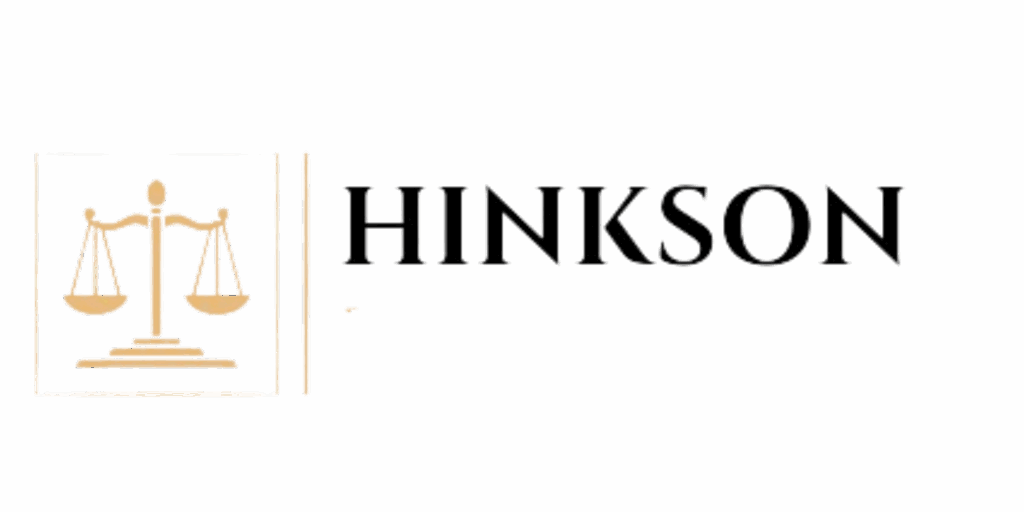Workplace disputes are unfortunately common and can range from minor misunderstandings to serious issues that affect your well-being and job performance. Whether you’re dealing with a conflict with a colleague, supervisor, or the organization itself, knowing how to handle a workplace dispute is crucial for resolving the situation in a fair and effective manner. In this post, we will walk you through the steps to take when you find yourself in the midst of a workplace dispute.
1. Identify the Issue Clearly
The first step in addressing any workplace dispute is to clearly identify the issue at hand. Take some time to reflect on the situation and understand exactly what the problem is. Is it related to a specific behavior, a misunderstanding, or a disagreement over work responsibilities? Being able to pinpoint the exact nature of the dispute will help you determine the best course of action. It’s also helpful to write down key details about the dispute, including dates, actions, and conversations that have occurred.
2. Stay Professional and Calm
When emotions are high, it can be easy to react impulsively. However, maintaining professionalism and staying calm is essential when navigating a workplace dispute. Approach the situation with a level head and avoid letting frustration or anger cloud your judgment. Try to remain focused on finding a solution, rather than escalating the conflict. Responding with professionalism can also demonstrate your commitment to resolving the issue in a positive manner.
3. Address the Issue Directly
Once you’ve clearly identified the problem and remained calm, the next step is to address the issue directly. If the dispute is with a colleague, consider having a private conversation with them to discuss the problem. It’s best to approach the discussion with an open mind, listening to the other person’s perspective while expressing your own concerns in a respectful manner. If the issue involves a supervisor or manager, it may be more appropriate to schedule a meeting to discuss the matter in a formal setting. In any case, clear communication is key to resolving the dispute amicably.
4. Document Everything
Documentation is a vital part of any workplace dispute. Keep a detailed record of all interactions related to the conflict, including emails, meeting notes, and any relevant communications. Having a written account of events can serve as evidence if the situation escalates and requires further action. It’s also useful for tracking the progress of the dispute and ensuring that you have all the facts if you need to refer back to them later.
5. Involve Human Resources if Necessary
If the dispute cannot be resolved through direct communication, it may be time to involve the Human Resources (HR) department. HR professionals are trained to handle workplace conflicts and can offer guidance, mediate discussions, and help find a resolution. When approaching HR, be sure to present the facts clearly and professionally, including any documentation you have gathered. HR’s role is to ensure that the workplace remains fair and respectful for all employees, so they will take your concerns seriously and work toward a resolution.
6. Consider External Support
If the workplace dispute escalates or involves more serious issues, such as discrimination or harassment, you may need to consider external support. There are various resources available to assist individuals who face significant workplace conflicts, including government agencies, employee rights organizations, and other support networks. These external resources can help you better understand your rights and explore additional options for resolving the dispute.
Conclusion
Workplace disputes are a common challenge, but by taking the right steps, you can resolve them in a way that maintains your professional reputation and supports a healthy work environment. From clearly identifying the issue and communicating effectively to involving HR or seeking external support, there are many strategies you can use to manage conflicts. Remember, addressing workplace disputes early and calmly is essential to finding a solution and moving forward.

